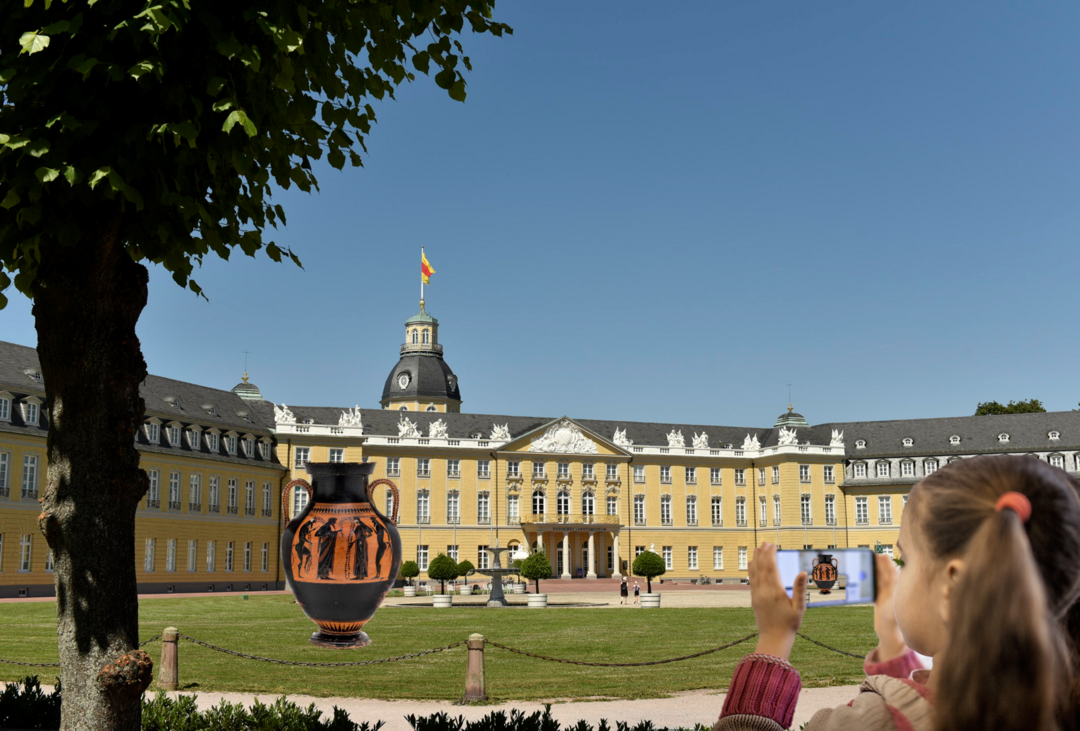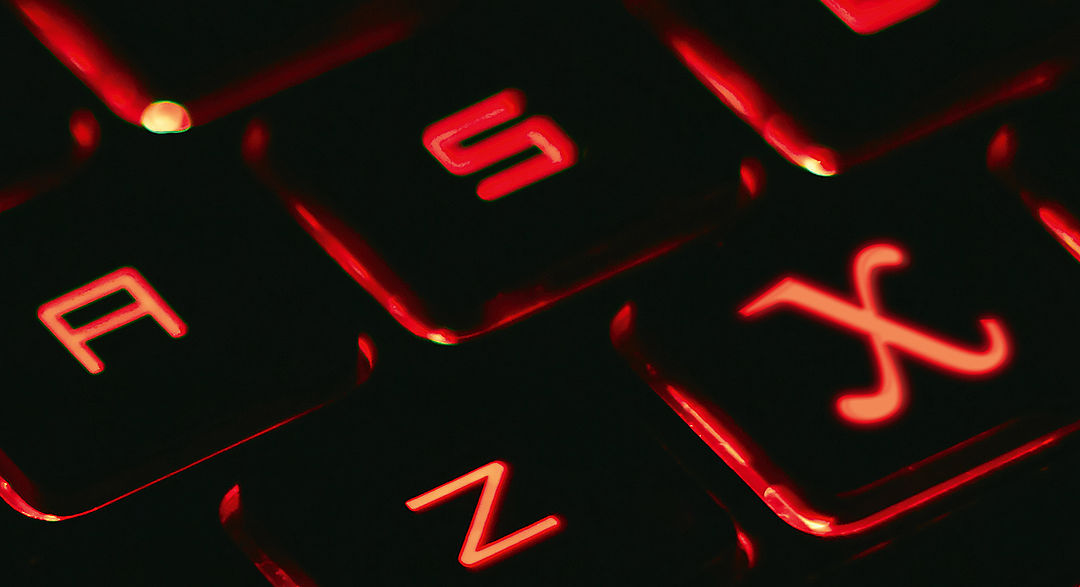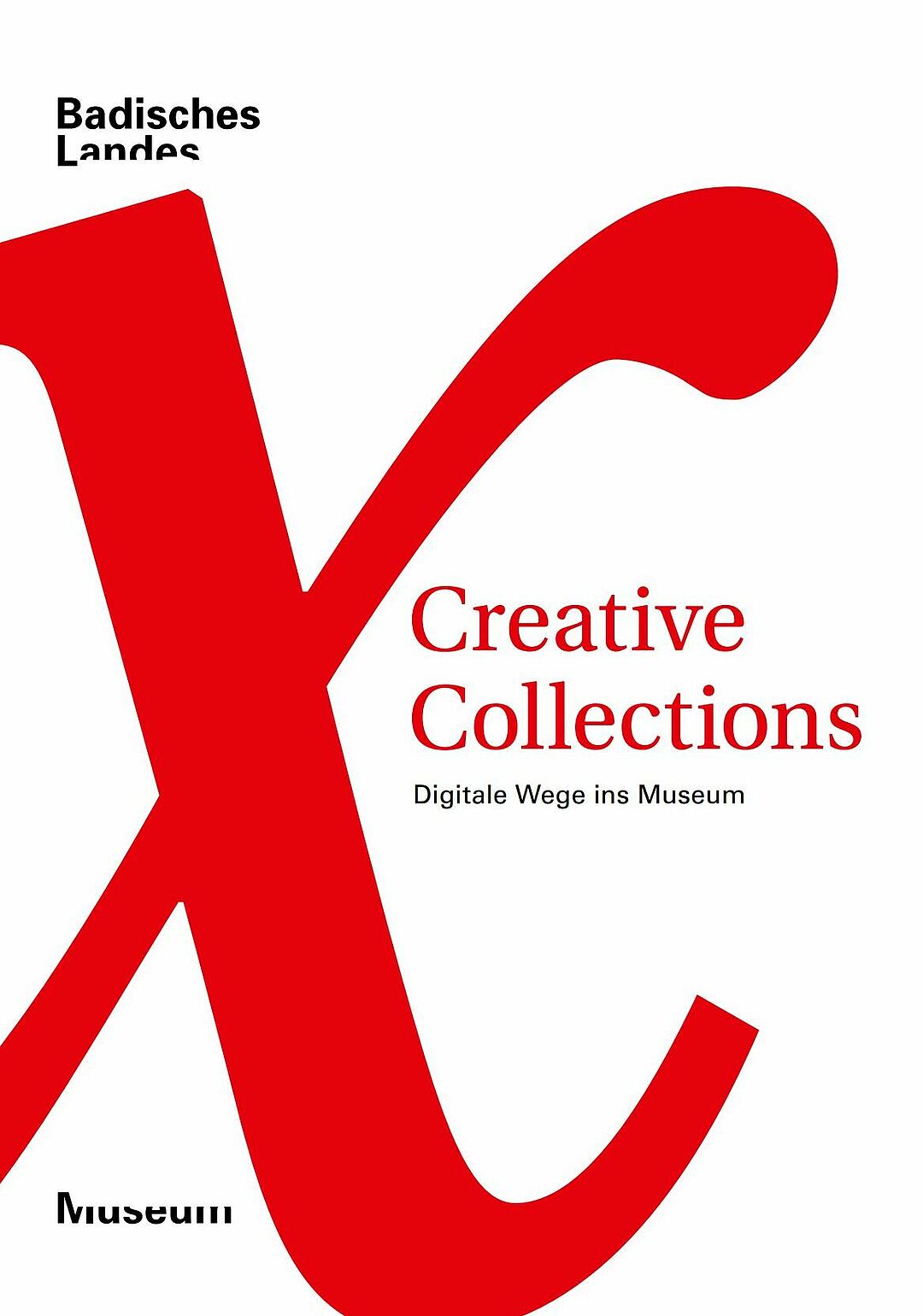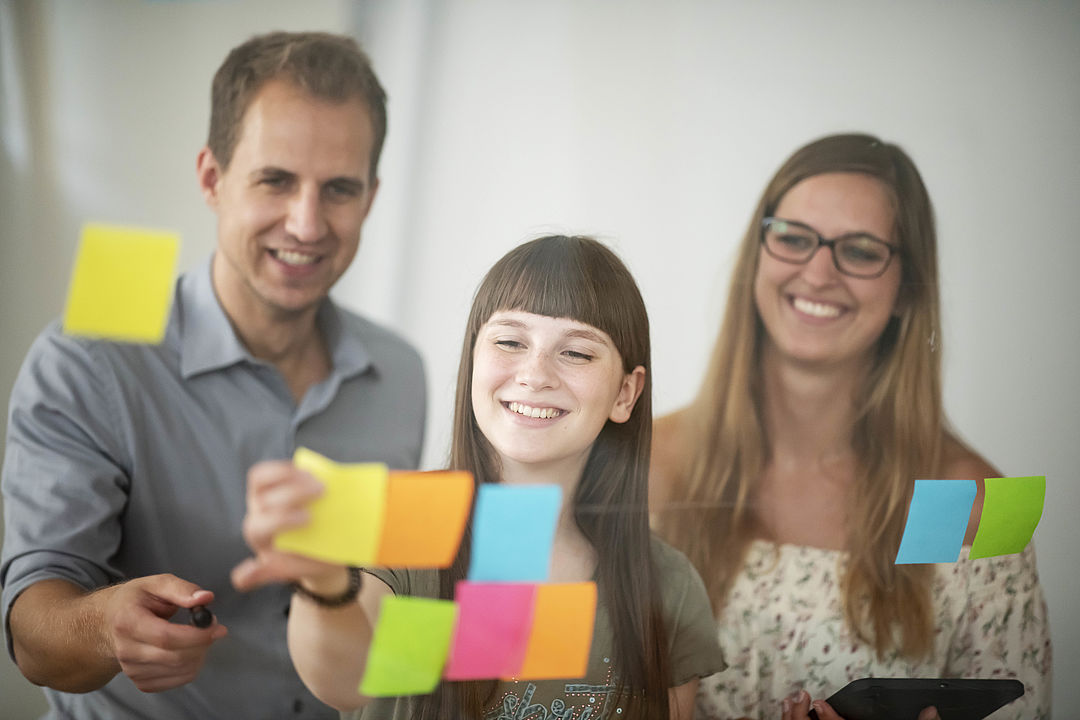Projects for the museum of the future
The digitization of society is advancing, and museums are no exception. In addition to the traditional tasks of museums, such as exhibiting and preserving, new challenges are emerging in the 21st century. The museum must and wants to find a new place here in order to have an impact on society and to participate in current issues: How can museums open up further? How do we want to shape the museum together? What should the museum of the future look like? This is where digitization and participation meet.
Creative Museum
At the heart of Creative Museum are user-generated content and networking. In time-limited campaigns, a dynamic feed with various voting and feedback options is created from contributions by the museum and users. A user account designed with gamification elements supports community building, knowledge exchange and networking. As a flexible tool, the Creative Museum can be used for debates on current topics such as the Covid-19 pandemic, to accompany exhibitions or for Citizen Science projects. Currently, the Creative Museum is still in the testing phase. We will inform you here and in the social networks as soon as the platform is available.
Creative User Empowerment
How can we use artificial intelligence to experience the museum in a new way? How can it be used to create cultural experiences or bring in our own scientific, narrative, and creative content? How can AI help to actively shape culture? These are the guiding questions in the AI and Museum project. AI has long since arrived in our everyday lives in many areas, often without us being aware of it. The project is exploring the possibilities offered by museums and is currently developing a tool called xCurator. In addition, there are always public events and lectures, as well as many opportunities to get involved, for example as an AI pilot.
More
Creative Exhibitions
Only museum experts can design exhibitions? No way! With the augmented reality app Creative Exhibitions, users become curators and artists themselves. They can choose from 3D objects in the museum or add their own content and use creative tools to create new artworks, exhibitions or playful tours. The AR experiences are then available for interaction around the Karlsruhe Palace to all culture lovers and interested parties. The application is currently being implemented and is expected to be released in early 2023.
hackathon x
Many people first think of something not quite legal when they are confronted with the term "hacking". But "hacking" in this context simply means solving a problem creatively using technology in a given short period of time, like a marathon. As a creative method, a hackathon is suitable for developing as many approaches or prototypes as possible in a short period of time. At a hackathon, people with very different knowledge meet and work together to solve a problem or an issue. This is also the case at our Fomat hackathon x. We are currently providing data sets from the Baden State Museum and participating in the statewide cultural hackathon Coding da Vinci 2022.
More
Publications
The following publications are freely available as part of our digital projects:
- Creative Collections – Digitale Wege ins Museum (2022)
- Künstliche Intelligenz und Museum Ein Toolkit (2022)
- Transformation des Museumserlebnisses Ein Toolkit (2022)
- Digitale Besucher*innen – Nachlese zur Tagung (2021)
Creative Collections (2018-2021)
With Creative Collections, the Badisches Landesmuseum took on the current challenges facing museums in 2018. For us, the basis for new concept ideas was the dialog with the future users of the museum. The idea was to supplement the ongoing digitization in the museum with new participatory formats. To this end, we set up an advisory board of interested citizens and organized the first MuseumCamp in Germany. Together with the users, a multitude of ideas for digital formats emerged, which we are still working on and with.
More
Archaeology in Baden – Expothek¹
This collection exhibition follows a revolutionary museum concept: thanks to state-of-the-art technology, visitors become users of the museum. In the exhibition's Expolab, virtual reality (VR) sets new standards in museum education. The Baden region already offered an attractive living environment in prehistoric times: Since the early Stone Age, a wide variety of cultures have been documented from Heidelberg to Lake Constance. Their material evidence represents an exemplary cross-section of the cultural history of mankind. The digital catalog also makes the objects freely accessible and searchable.
Who thinks up something like that?
You might be asking yourself: Who thinks up something like that? Get to know some of the colleagues from our digital team here. Even though the transformation of the museum depends on the involvement and commitment of all employees, the colleagues of the digital team always keep an eye on digital innovations, translate them into new tools suitable for museums, and participate in current debates. Do you have any questions? Send an email to: digital@landesmuseum.de
![[Translate to English:] Museumsbesucherin mit Pepper-Roboter „Xaver“ im Badischen Landesmuseum](/fileadmin/_processed_/2/8/csm_2021_Besucherin_mit_Xaver_36db789034.jpg)



